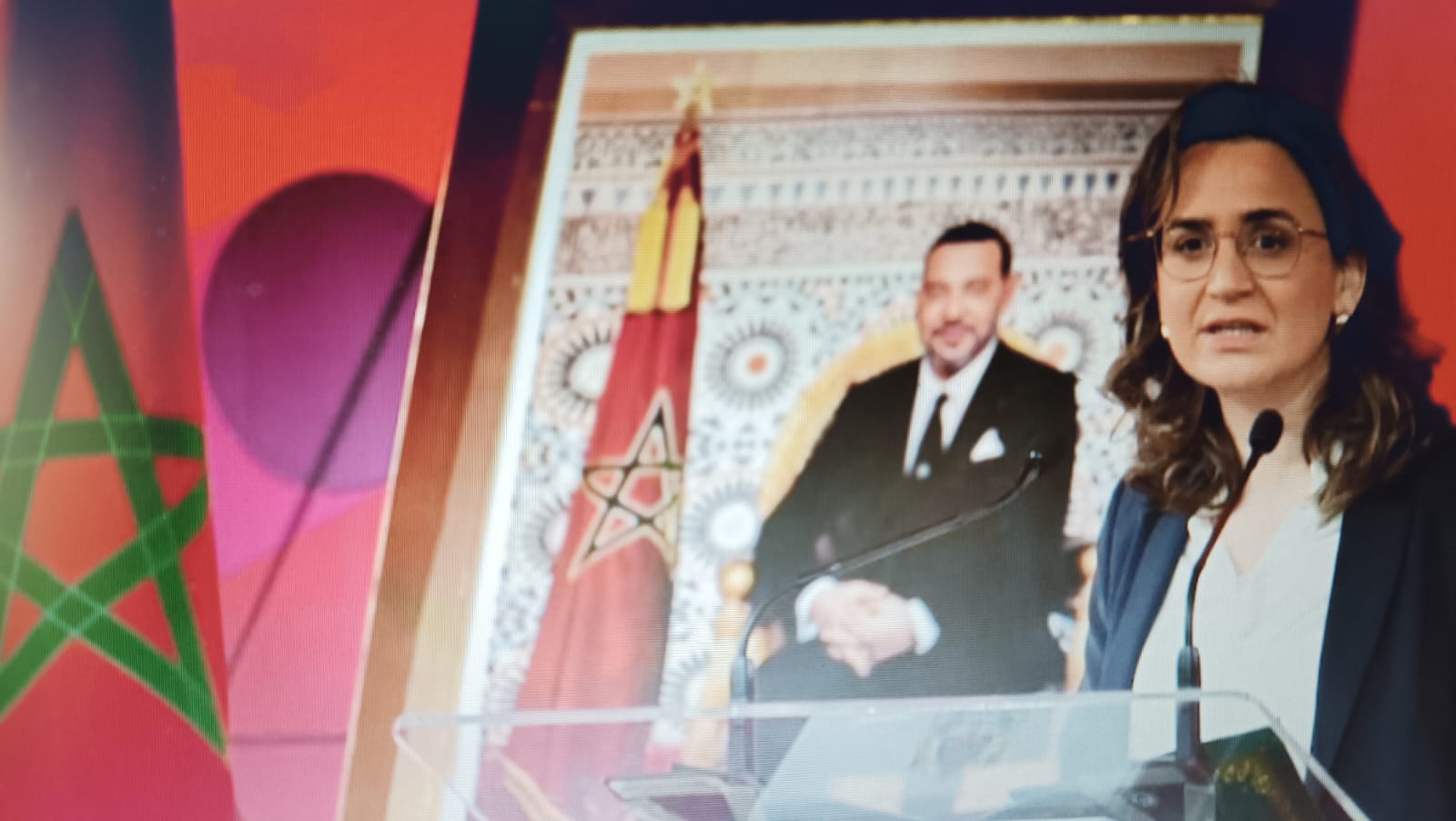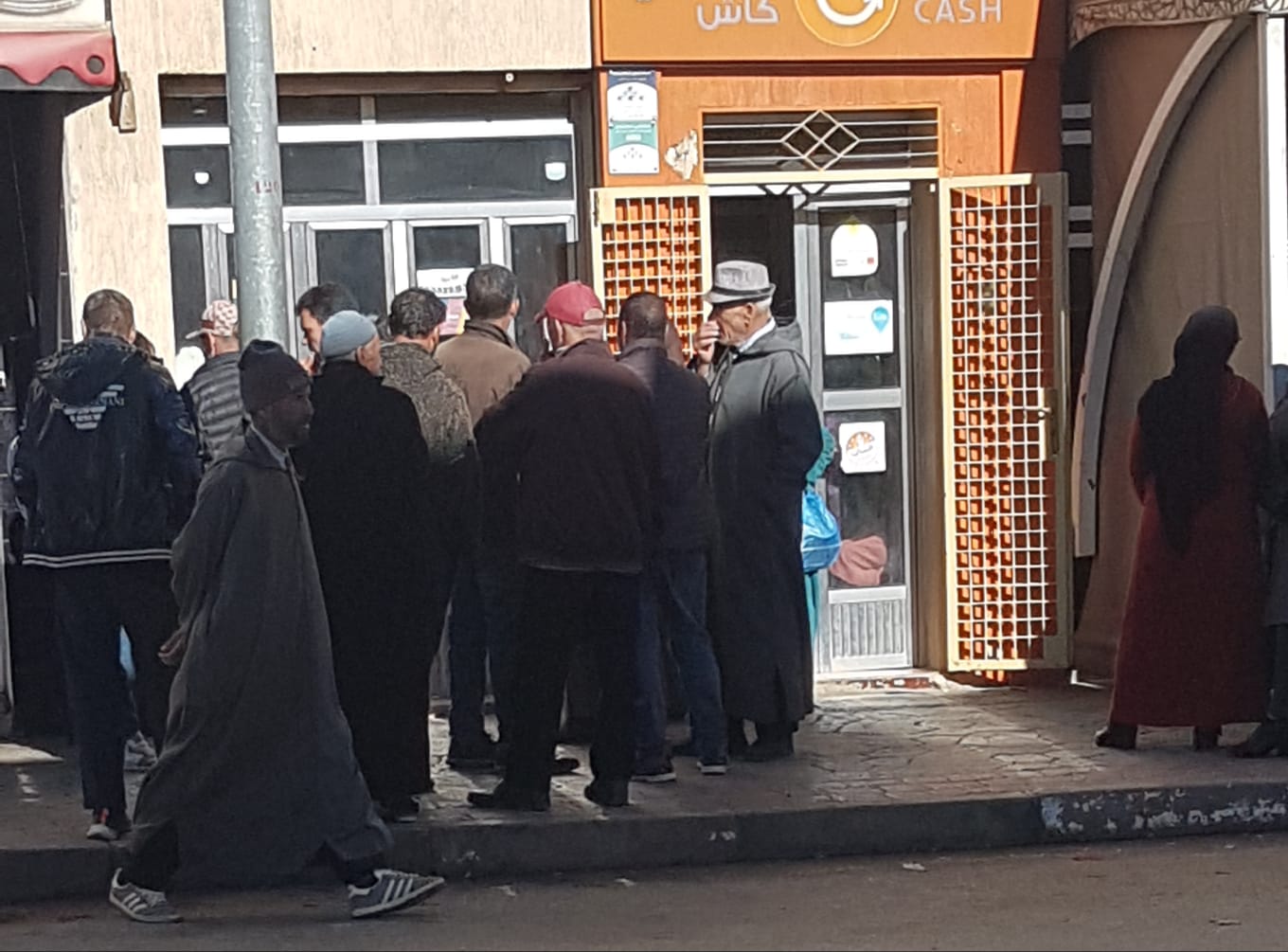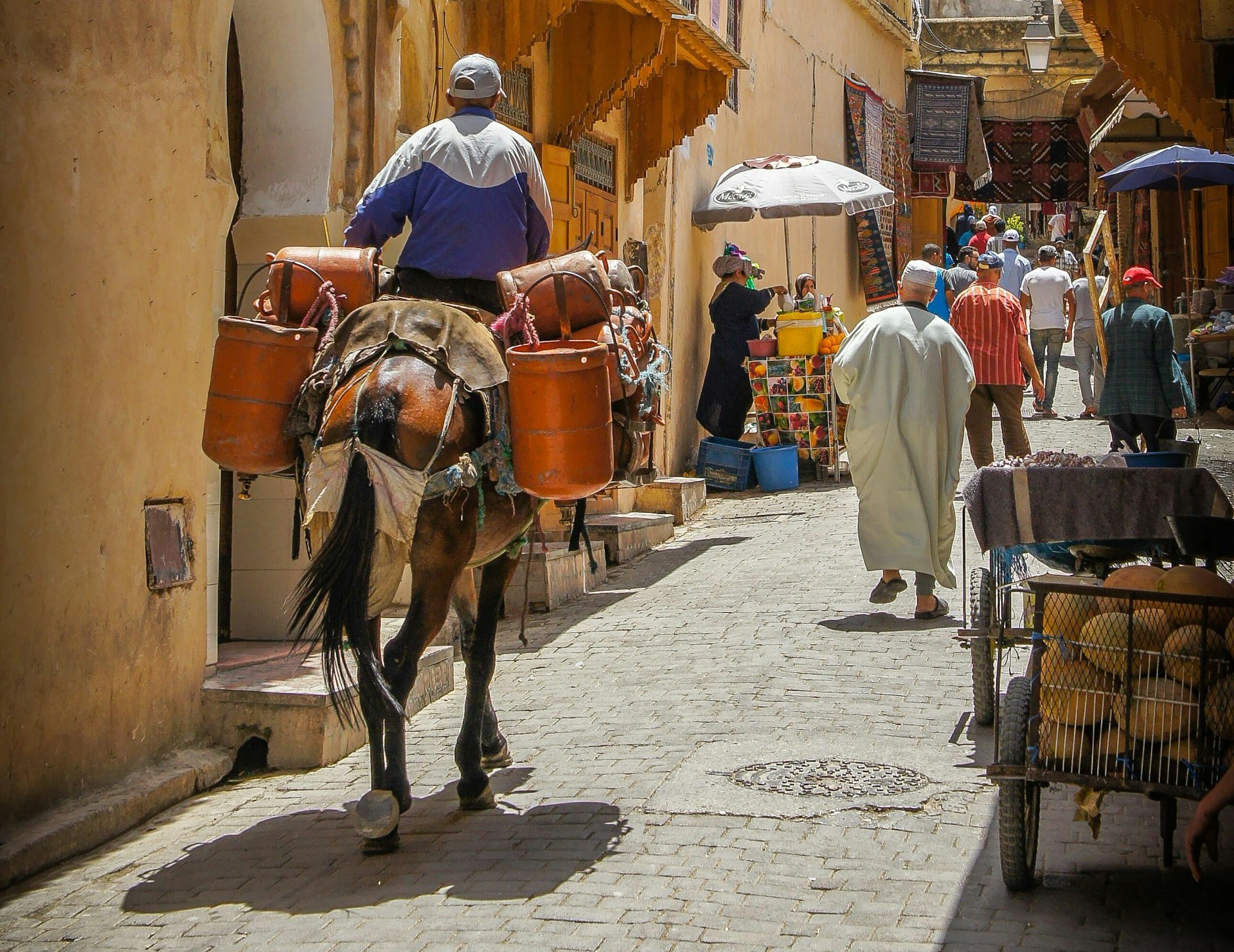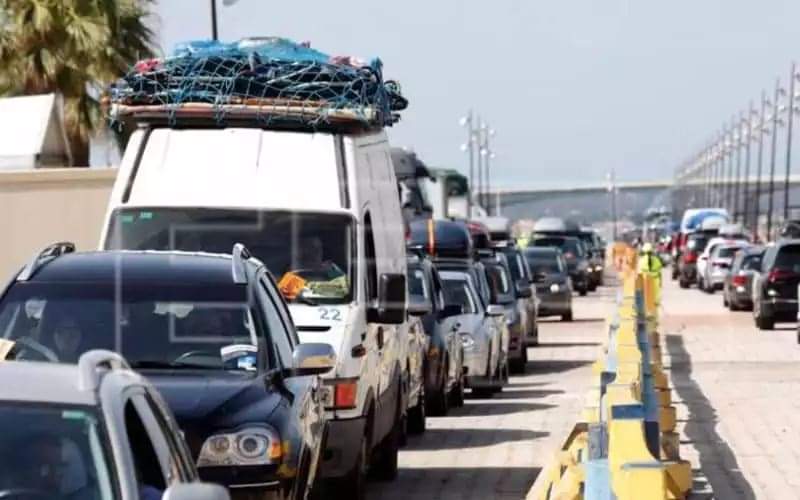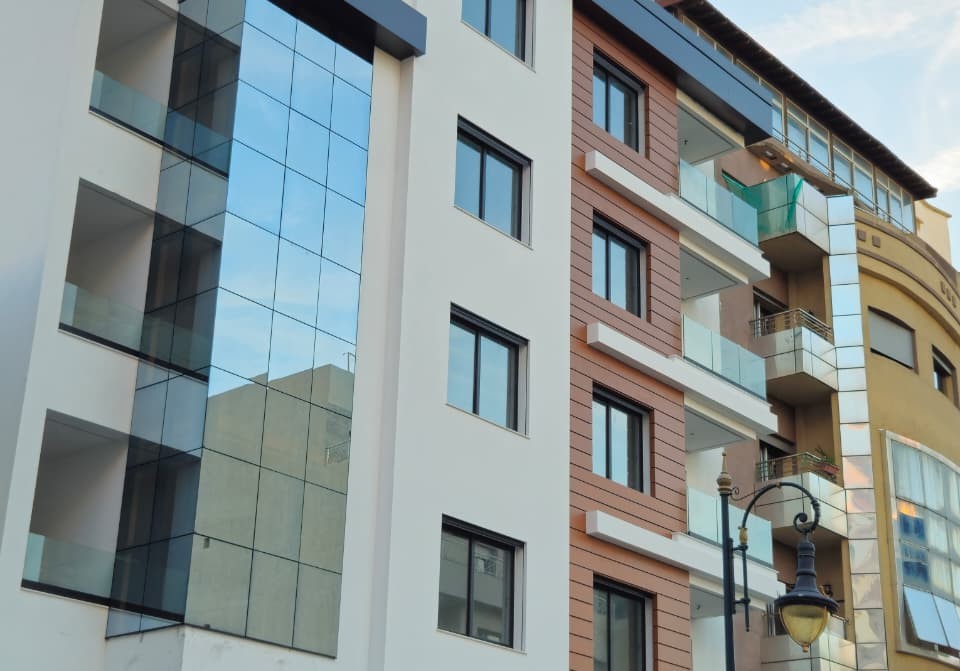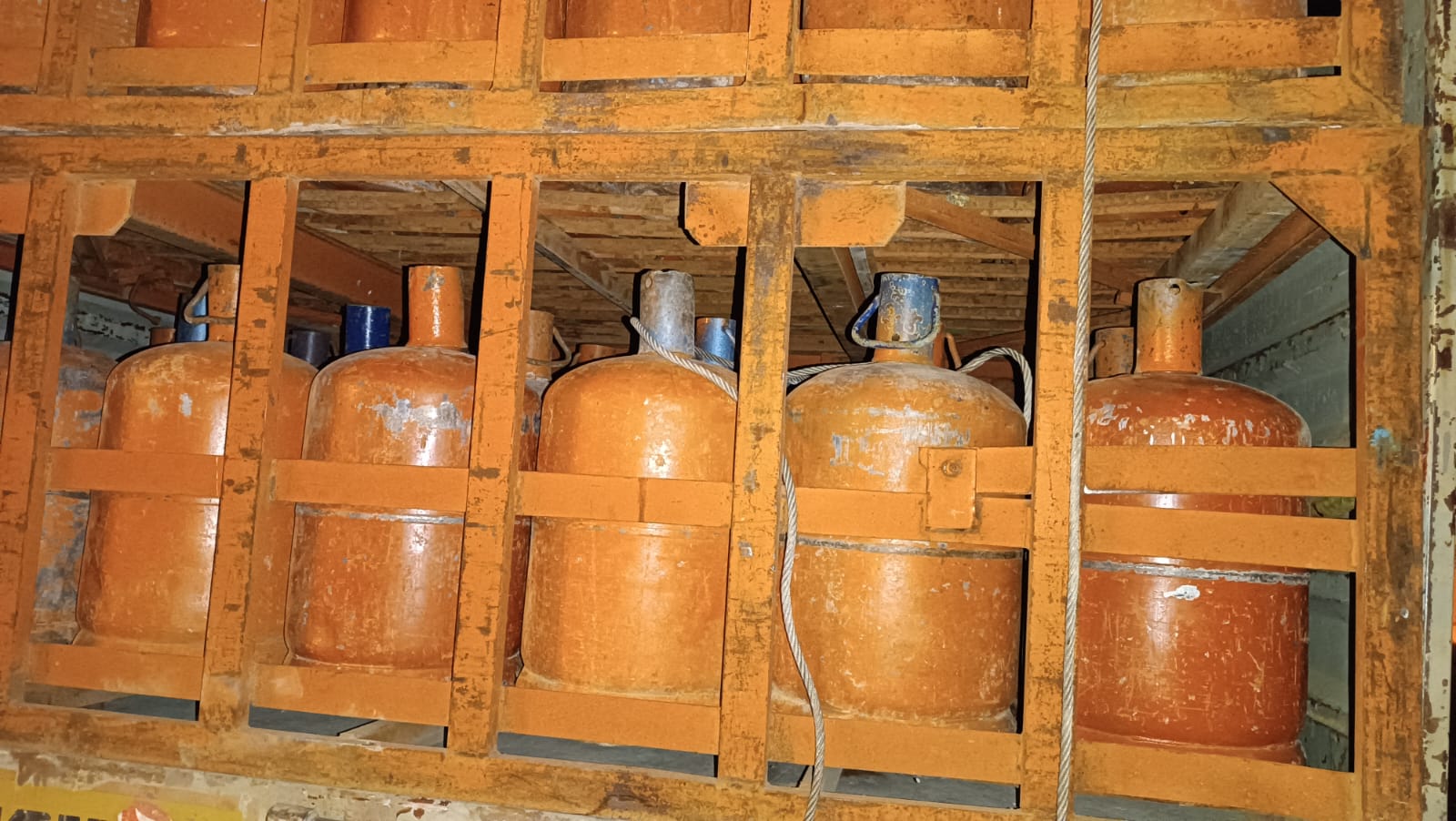Casablanca – Morocco is making significant strides in addressing the challenges of housing and eradicating informal settlements. Minister of National Territory Planning, Urbanism, Housing, and City Policy Fatima Zahra Mansouri outlined the country’s progress and strategies in a series of recent updates, highlighting efforts to provide adequate housing and combat slums.
Over the current government term, Morocco has seen substantial improvement in housing programs aimed at reducing substandard living conditions. According to Mansouri, approximately 16,300 families have benefited from housing aid annually—a marked increase of 163% compared to the 2018-2021 period, during which 6,200 families per year received support.
Efforts to address informal settlements
The government’s “Cities Without Slums” initiative has been instrumental in this transformation. To date, around 353,234 families have been assisted out of a total of 470,530 families identified as living in inadequate conditions. Despite this progress, there remain 117,296 families in need of support. Of these, approximately 83,948 are expected to benefit from existing or ongoing housing projects, while 31,348 families still fall outside the initiative’s scope.
The government has also introduced mechanisms to enhance transparency and efficiency. The National Population Register has been utilized to prevent fraud and multiple claims for housing aid, leading to the identification of 11,918 unregistered families living in cities not yet covered by the program. Updated data raises the number of unprogrammed families to 58,000.
Boosting housing support programs
Mansouri highlighted achievements in Morocco’s direct housing support program, which as of early November, processed 113,081 requests and benefited 28,458 recipients. Of these beneficiaries, 26% are members of the Moroccan diaspora and 37% are individuals under 35 years old. The program has contributed $1.18 billion toward home purchases, with the state covering $237 million, amounting to 20% of the total costs.
This initiative has positively impacted Morocco’s economy, creating 57,000 jobs in construction and public works over the past year. Other key indicators also reflect growth, with licensed projects up by 14%, cement sales rising 8.24%, and real estate transactions climbing by 12.1%. Housing loans grew by 1.49% from August 2023 to August 2024, while loans to real estate developers increased by 5.57%.
Overcoming persistent challenges
Efforts to completely eradicate informal settlements continue to face challenges. Between January and September 2024, living conditions improved for 7,685 families as part of ongoing government initiatives. New agreements signed in major cities, including Marrakech and Casablanca, target further improvements for 67 families in need. These projects represent a total investment of $1.66 billion, with $281.4 million provided by the Ministry of Housing.
Minister Mansouri emphasized the acceleration of projects under the “Cities Without Slums” initiative. Annual improvements now average 16,300 families compared to 6,200 during the previous government period. The growth rate of informal settlements has also slowed significantly, from 10,400 families per year between 2012 and 2021 to 6,800 families under the current administration—a reduction of 35%.
A focus on sustainable solutions
Looking ahead, the Moroccan government has outlined a five-year plan from 2024 to 2028 targeting the eradication of remaining informal settlements. A particular focus will be placed on Greater Casablanca, where 62,000 families stand to benefit from an agreement signed earlier this year.
Minister Mansouri reaffirmed the government’s commitment to improving housing conditions for vulnerable and disadvantaged families. While challenges persist, the progress achieved to date underscores the effectiveness of Morocco’s housing programs and signals continued efforts toward sustainable urban development.








